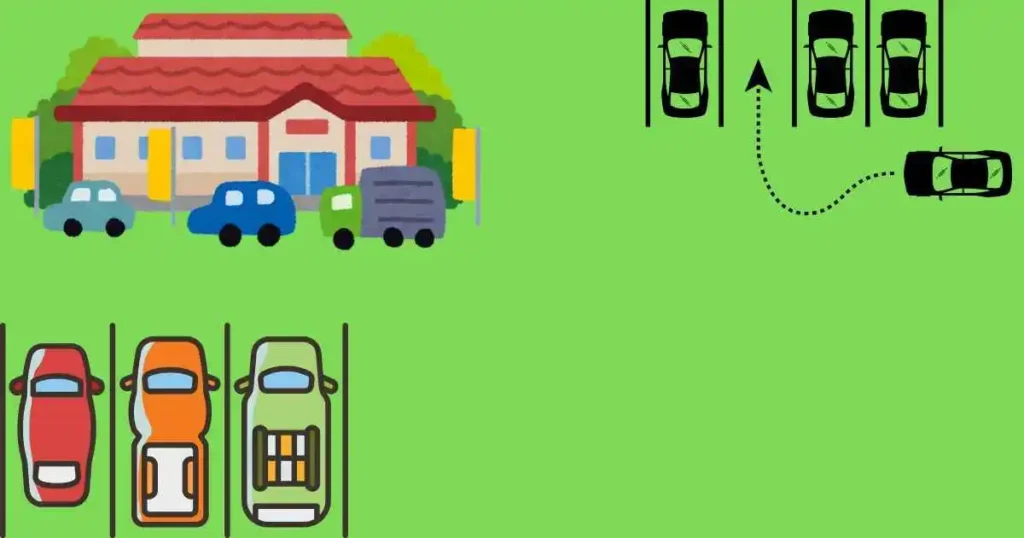Introduction
Imagine driving into a busy city, searching for a parking spot, and an app directs you to an available space within seconds. No stress, no wasted fuel, and no unnecessary circling. This is the power of smart parking systems machine learning—a groundbreaking innovation that is transforming urban mobility.
Parking has always been a major challenge in crowded cities. With machine learning in smart parking systems, cities can now reduce congestion, optimize space usage, and improve overall traffic flow. In this article, we’ll explore how these intelligent systems work, their benefits, and why investing in a smart parking system using AI is a game-changer.
How Do Smart Parking Systems Use Machine Learning?
A smart parking system using AI leverages various technologies, including:
- IoT sensors to detect vacant spots.
- AI-driven image recognition for real-time monitoring.
- Machine learning algorithms that predict demand.
- Mobile apps that guide users to available parking.
Step-by-Step Guide to Smart Parking Implementation
- Assess the Parking Infrastructure
- Identify areas with high parking demand.
- Analyze current parking efficiency.
- Deploy IoT Sensors and Cameras
- Install sensors to detect vehicle movement.
- Use AI-powered cameras for plate recognition.
- Develop an AI-Based Software Solution
- Integrate machine learning to analyze parking patterns.
- Provide real-time parking availability updates.
- Create a User-Friendly Mobile App
- Offer GPS navigation to nearest spots.
- Enable digital payments and reservations.
- Test and Optimize the System
- Run pilot tests to improve accuracy.
- Enhance AI models based on real-world data.
Benefits of Smart Parking Systems Machine Learning
1. Reducing Traffic Congestion
Studies show that nearly 30% of urban traffic results from drivers searching for parking. AI-based smart parking minimizes this by directing drivers to available spots instantly.
2. Saving Time and Fuel
A real-world example: Last summer, I visited downtown San Francisco and struggled to find parking. A smart parking app guided me to a spot in under five minutes, saving me time and reducing fuel wastage.
3. Enhancing User Convenience
With features like:
- Automatic payments (no more fumbling for cash)
- App-based navigation to open spots
- Real-time alerts for spot availability
Users enjoy a stress-free parking experience.
4. Increased Business Revenue
An AI-driven parking system can boost business foot traffic. For instance, a café owner saw a 20% increase in customers after a smart parking system was implemented nearby.
5. Predictive Parking Management
Machine learning models analyze historical data to forecast peak parking hours, allowing businesses and cities to plan efficiently.
Challenges and Solutions in Smart Parking Systems
Initial Cost of Implementation
Setting up sensors, cameras, and AI software can be expensive. However, government incentives and tech grants can help offset costs.
Data Privacy Concerns
AI systems must comply with data protection regulations to ensure users’ privacy is safeguarded.
Ongoing Maintenance and Updates
Regular software updates and system checks are necessary to maintain optimal performance.
Why Invest in a Smart Parking System Using AI?
If you’re a business owner, city planner, or real estate developer, here’s why you should consider AI-driven smart parking solutions:
- Enhance customer experience with seamless parking.
- Increase revenue through optimized space management.
- Reduce environmental impact by cutting down emissions from idle vehicles.
Take Action Today
The future of urban mobility lies in smart parking systems machine learning. Don’t get left behind—explore smart solutions, download free resources, and implement AI-driven parking management today!
FAQs
Q: What is a smart parking system using AI?
A technology that uses AI and machine learning to detect vacant spots and guide drivers efficiently.
Q: Are there free resources to learn more?
Yes! Many machine learning smart parking PDFs are available online for businesses and city planners.
Q: How does AI improve parking management?
AI enhances detection accuracy, predicts demand, and ensures better space utilization.
Q: Is investing in a smart parking system worth it?
Absolutely! The long-term benefits of higher efficiency, increased revenue, and reduced congestion outweigh the initial investment.
Final Thoughts
With smart parking systems machine learning, cities can become more efficient, eco-friendly, and user-friendly. Whether you’re a city planner or a business owner, investing in AI-driven parking solutions is the smart choice for the future. 🚗💡
“Leading research institutions, such as UCSD Machine Learning, are continuously advancing AI algorithms, making smart parking systems even more efficient and adaptive to real-world challenges.”


